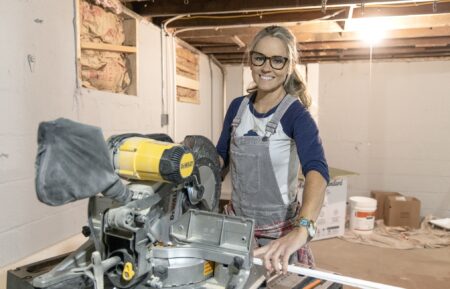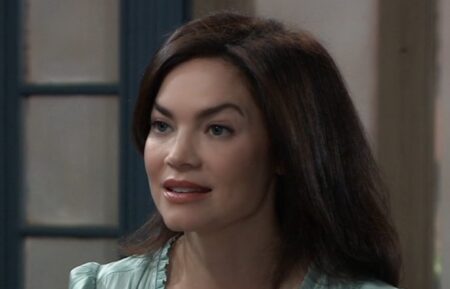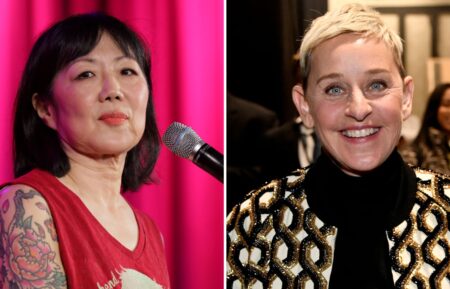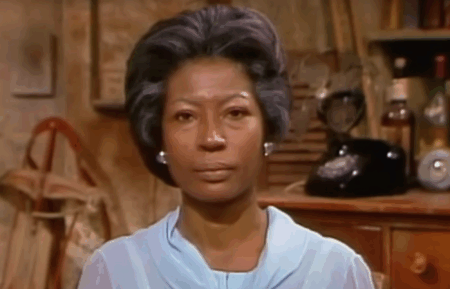‘ACS: Versace’ Star Finn Wittrock on His Emmy Nom, Playing Jeff Trail & Future Ryan Murphy Plans
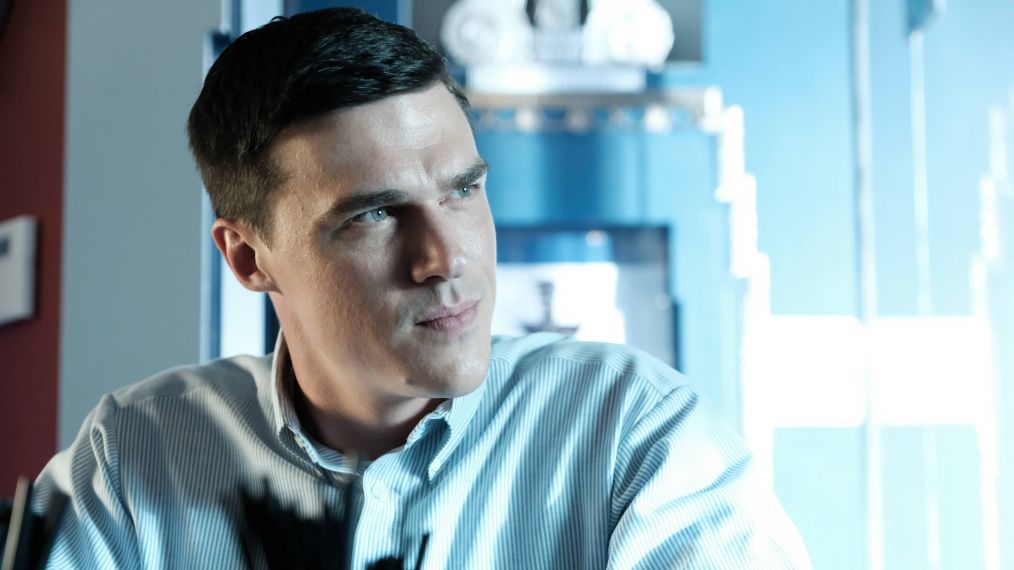
Q&A
Finn Wittrock is no stranger to the Emmy circuit.
The actor was previously nominated in 2015 for Outstanding Supporting Actor in a Miniseries or a Movie for his work in Ryan Murphy’s American Horror Story: Freak Show.
Now, he’s getting a little more “comfortable” accepting his new nod for Outstanding Supporting Actor in a Limited Series for The Assassination of Gianni Versace: American Crime Story, and feels like he knows more people at the parties. Although win or lose, Wittrock will probably “wind up at Darren [Criss]’s bar in Hollywood,” he quips.
Wittrock portrayed Jeffrey Trail, a closeted member of the military, and victim of serial killer Andrew Cunanan (played by Criss) in the latest series from uber-producer Murphy.
The actor spoke with TV Insider about the responsibility of taking on a character who was also a real person — especially one who died so infamously, and his plans for working with Murphy in the future.
How does your second Emmy nomination feel?
Finn Wittrock: I’m a little less taken with nerves for interviews like this. The shock of getting the nomination and the joy of it has definitely not worn off. This is cool becuase this show has so many nominations and I get to keep hanging with the likes of [ACS castmates] Edgar [Ramirez], Darren [Criss], and Ricky [Martin]. I don’t have too much to complain about.
You’ve worked on a number of Ryan Murphy projects. What made this role different?
Most of the the stuff I’ve done with Ryan is pretty outside the box and fictional. The fact that Jeff was a real person who lived and died and there was a fair amount of biographical detail about him created a responsibility [for me]. It added a certain weight.
Did you approach Jeff differently because he was a real person?
You start more from the outside in when you’re working with someone real, in terms of getting the physicality and the voice accurate. I started with the biography that Maureen Ortwrote wrote [Vulgar Favors: Andrew Cunanan, Gianni Versace, and the Largest Failed Manhunt in U.S. History] and I used the real interview Jeff did about Don’t Ask, Don’t Tell — I kept that as my continual reference throughout the shoot.
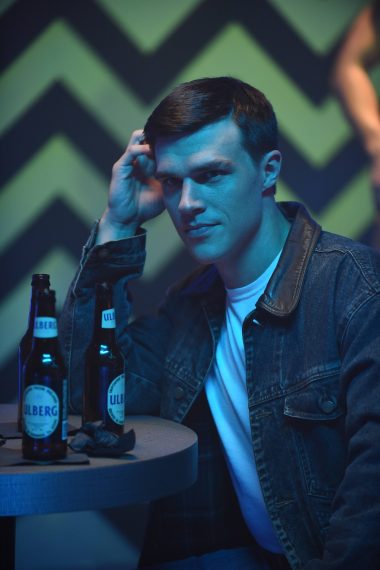
That interview was intense…
You see his face but you hear his voice and there’s so much shame and also nobility and frustration. But he’s also repressed in terms of expressing himself too much. Without giving too much, it gives a lot. It’s haunting if you watch it — this guy’s face covered in shadow coming out against a policy he thought was very unjust. He was a real patriotic and he didn’t want to betray anyone and go against he ideals he believed in. But you also feel this rage bubbling up.
Is shooting a death scene more intense when the character and, in this case, the crime, are real?
Yes, but I kinda forgot for a second because I had fake blood and prosthetics on and then they really rolled me up in that rug — that’s my body — it was intense. They also had a life-size dummy of my body and face, which was weird, but that’s mostly me in those death shots. So I’m caught up in the technicalities of getting the scene done but I also experienced moments of realizing ‘Woah, this really happened.’ It hits you in flashes like ‘Woah, we’re really [reenacting] something that ruined a lot of lives.
Most of your scenes were with Darren. How was it working with him?
We kept pretty close and he’s really great at being able to dip his toe into the darkness and the back out again once they yell cut. Our goal was to make the relationship on-camera, in it’s good times, seem as realistic as possible.
You’ve taken on a number of roles now that share the story and experiences of someone in the LGBT community. Is there pressure to do the community justice?
I felt very warmly welcomed by the LGBTQ community when playing this character. A lot of, especially older gay men, felt like that story was somewhat their story and that story isn’t that old being in the mid ’90s. There’s still a lot of repression in society but the way gay people had to hide for so many years really touched a nerve. I think Ryan was writing it for that purpose, and in some ways, it was personal for him.
I think we need to be as inclusive as possible. We’re all humans and can relate to each other more than we realize.
Are you involved with AHS: Apocalypse?
As of this year, no. But I’m sure I’ll be involved in the Ryan-verse somewhere in the future.
The 70th Emmy Awards, Monday, Sept. 17, 8/7c, NBC
From TV Guide Magazine
How 'Countdown' Recruited Jensen Ackles to Go Full 'Die Hard'
Countdown boss Derek Haas talks creating the character around Ackles, and the cast teases the “Avengers”-like team of the crime thriller. Read the story now on TV Insider.





